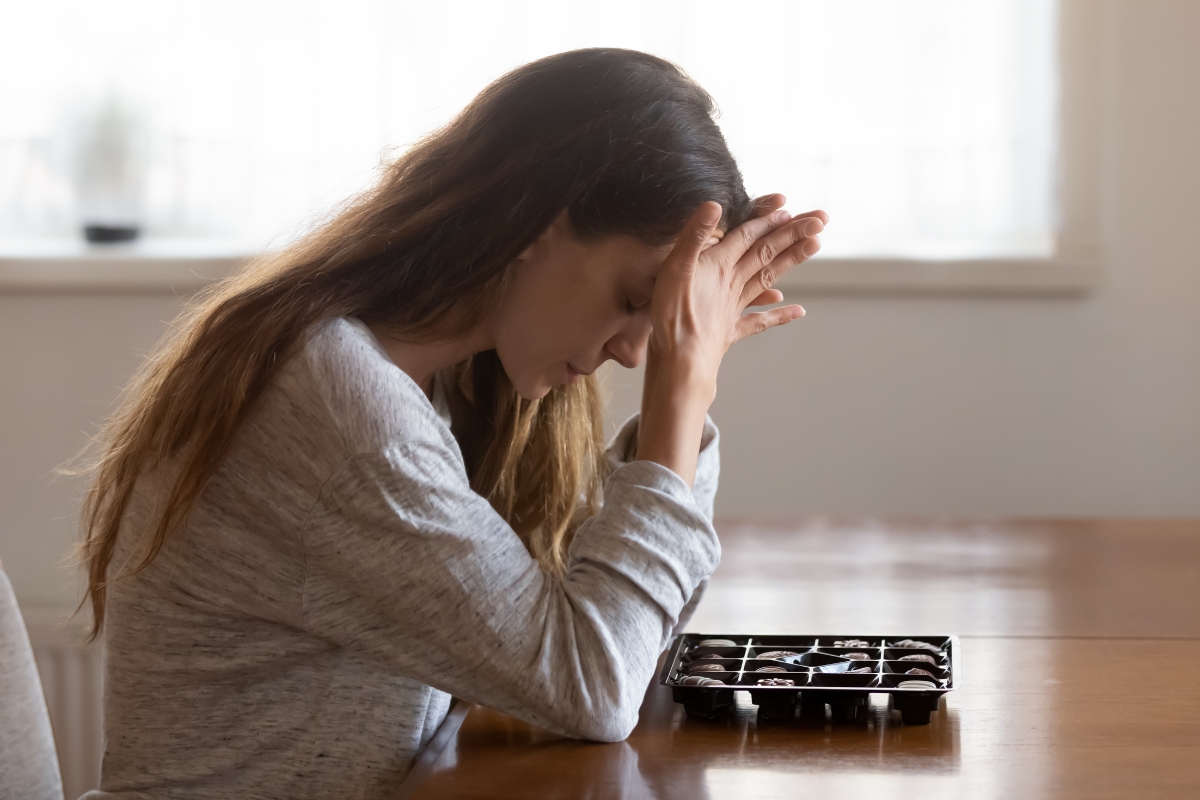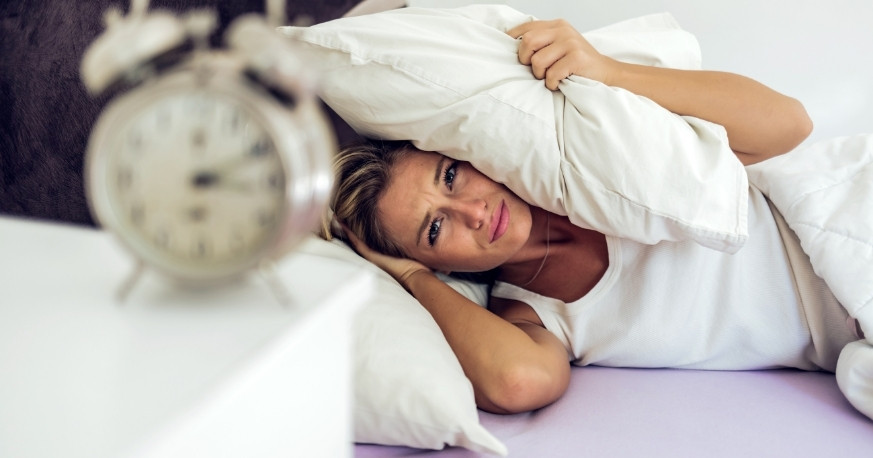10242 Greenhouse Rd #1002 Cypress, TX 77433
How to Manage Anxiety in Cypress: Practical Tips from Therapists

Anxiety is debilitating, making you restless, tense, or unfocused on ordinary living. For others, however, the battle is a silent, ongoing struggle. Learning how to respond to anxiety makes a real difference. Therapists find it best to emphasize combining simple, functional skills with empirically supported therapies for regaining a sense of calm and control. This blog gives you real-life steps that you can use in your daily life to deal with anxiety.
Identify Your Anxiety Triggers
Before managing anxiety, it’s important to understand what sparks it. Common triggers include work stress, social situations, health concerns, or personal expectations. By identifying these situations, you can anticipate stressful moments and prepare coping strategies.
- Track your feelings: Journaling daily moods and reactions can reveal patterns over time.
- Note physical signs: Increased heart rate, shallow breathing, or tense muscles often signal rising anxiety.
- Observe thought patterns: Recurrent worries or “what-if” scenarios can indicate specific triggers.
Recognizing triggers helps you act early rather than react impulsively, making management more effective.
Effective Lifestyle Strategies to Counteract Anxiety
Minor shifts in day-to-day activities could have a tremendous impact on your attitude towards anxiety. Therapists suggest combining mindfulness with healthy habits for better outcomes.
Mindful Breathing and Meditation
Breathing exercises relax the nervous system and bring focus back to the present. Even five minutes a day of slow, intentional breathing can calm the nervous system and reduce anxiety spikes.
Physical Activity
Daily exercise is scientifically linked to lower levels of stress hormones. Walking, cycling, yoga, or light strength training can help release built-up tension and improve mood.
Balanced Nutrition and Sleep
Eating nutrient-rich foods and maintaining a consistent sleep schedule support brain function and emotional regulation. Avoiding excessive caffeine or sugar can prevent sudden anxiety flare-ups.
Evidence-Based Therapies That Work
For others, the combination of lifestyle changes with professional treatments yields the best outcome. One such treatment that is attracting the spotlight for anxiety control is MeRT, a non-surgical neurostimulation treatment. MeRT can restore skewed brain activity that would otherwise become disordered by chronic anxiety. Clinical research has evidenced improvement in concentration, emotional balance, and resilience to stress in general with routine sessions.
Cognitive-behavioral therapy (CBT) remains the treatment of choice for anxiety. CBT teaches people skills to combat negative thinking and replace it with healthier ways of coping. Exposure therapy, mindfulness-based therapies, and supportive counseling are other helpful functions based on the individual’s needs.
Develop a Personalized Routine
Anxiety therapy isn’t one-size-fits-all. Combining awareness of triggers, lifestyle strategies, and therapy can create a daily routine that fosters stability.
- Set realistic goals: Small steps reduce overwhelm and increase confidence.
- Include self-care: Even short breaks or hobbies can lower stress.
- Stay connected: Talking to trusted friends or support groups offers perspective and reassurance.
Consistency is crucial. Over time, these habits can reduce anxiety frequency and intensity, helping you feel more in control.
Moving Forward with Professional Treatment
If anxiety persists despite self-management efforts, professional guidance is essential. Therapists can assess your needs, recommend evidence-based treatments, and monitor progress. Combining personalized strategies with therapies like MeRT can accelerate improvement and improve quality of life. Call Redefined Mind in Cypress today and discover what approaches and therapies are best for your lifestyle and needs.




